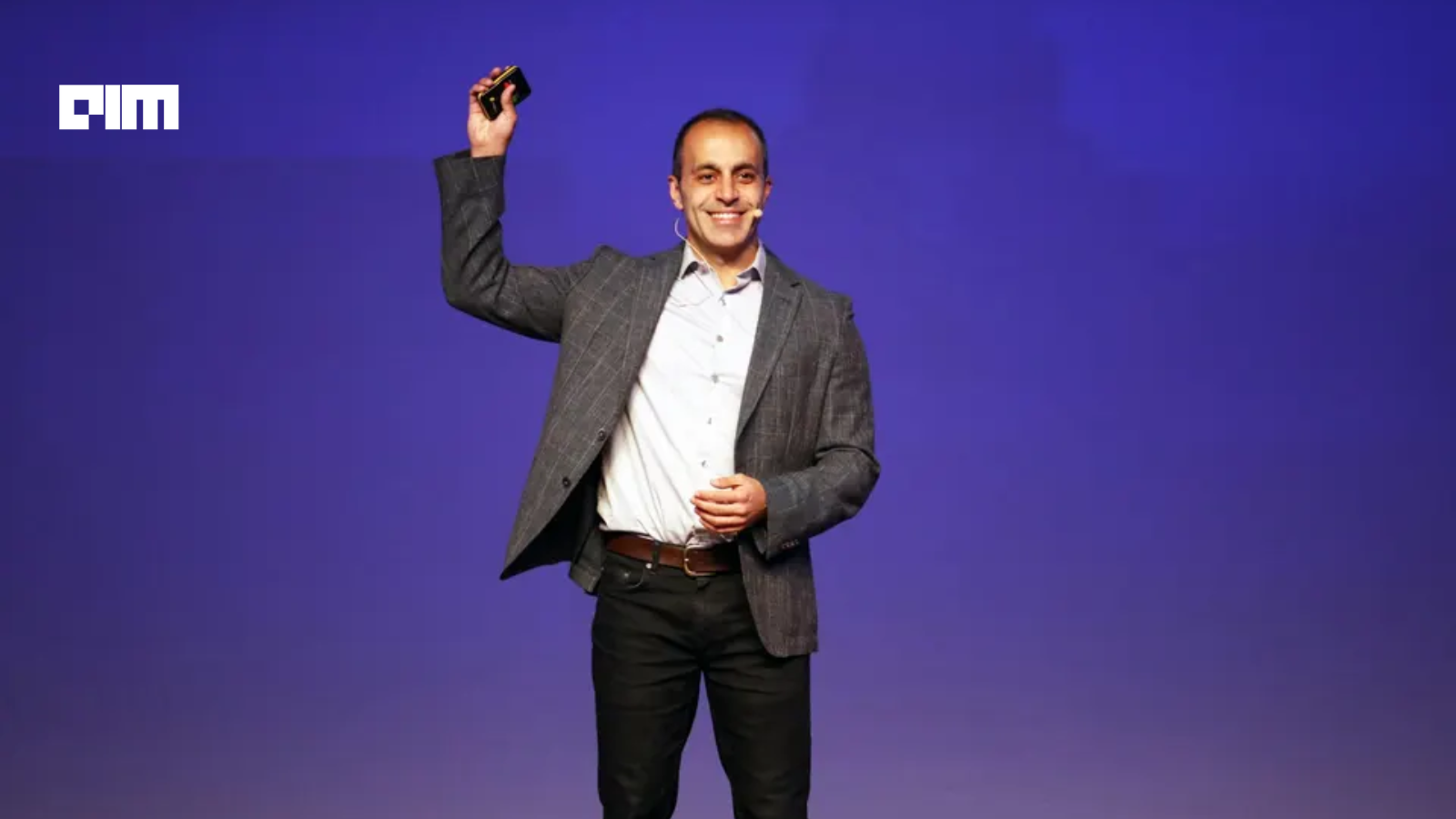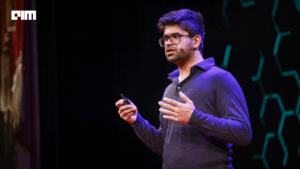Databricks recently unveiled plans to acquire Tecton, a startup founded by former Uber engineers specializing in real-time feature serving, in a transaction made using private shares. The move comes swiftly after signing a Series K term sheet that values the company at over $100 billion, signaling investor enthusiasm for its AI strategy Reuters.
In announcing the acquisition, CEO Ali Ghodsi called Tecton “the real-time building block to feed real-time information into the agents,” added that “speed is crucial for AI use cases such as voice interaction,” and emphasized that “humans hate to wait”. Tecton says their technology delivers sub-10 ms latency and sub-100 ms freshness, with 99.99% uptime, critical for user-facing AI applications.
Co-founder and CEO of Tecton, Mike Del Balso, once described the challenge around feature serving succinctly: “You can’t have a human there making these decisions every time”. For Databricks, Tecton’s tooling becomes essential to production ML workflows.
This acquisition is the latest in a series of strategic buys by Databricks. In 2023, it acquired MosaicML for $1.3 billion to bolster model training and generative AI capabilities. The following year, Tabular, creator of Apache Iceberg, was added to unify table formats. Earlier in 2025, the company purchased Neon, a serverless Postgres database, in a ~$1 billion deal to support high-speed AI agent deployments.
One of the clearest examples of Databricks and Tecton working together before the acquisition was at Coinbase. The crypto exchange used Databricks for data infrastructure and Tecton for real-time feature serving in fraud detection and risk management pipelines. In a joint case study, Coinbase explained that Tecton allowed them to “reduce the time to production for new machine learning features from weeks to hours,” while Databricks provided the scalable data processing backbone.
In contrast, rival Snowflake opted for a build-around strategy. It rolled out its own Feature Store in 2024, designed so teams can “create, maintain, and use ML features… all within Snowflake,” complete with lineage tracking through its Model Registry and Horizon systems. CEO Sridhar Ramaswamy emphasized Snowflake’s integrated approach on a February 2025 earnings call, stating the company “calls itself the AI data cloud for a good reason”.
Snowflake’s public results reveal the stakes of its build strategy: for fiscal 2025, it reported $3.46 billion in product revenue (up 30%), alongside a GAAP operating loss of $1.46 billion. Databricks, remaining private, shared that it’s on track for a $3 billion revenue run rate, with over 500 enterprise customers paying $1 million+ annually.
Meanwhile others, like DataStax have charted their own path into real-time ML by acquiring Kaskada in January 2023. That acquisition enabled the launch of Luna ML, incorporating streaming feature capabilities into its Cassandra-based platform. At the time, DataStax CEO Chet Kapoor emphasized the importance of real-time feature serving, “businesses must operate in real time, using data to power operations and fuel instant, informed decisions and actions”
Buy vs Build: A Tale of Two Paths
Snowflake built its Feature Store to embed AI workflows directly into its data platform, minimizing data movement, reinforcing platform lock-in, and drawing on its existing engineering resources. Databricks, on the other hand, moved quickly to acquire Tecton because it lacked best-in-class low-latency feature serving. Acquiring Tecton allowed it to accelerate real-time AI infrastructure using its newly secured capital, rather than invest months in internal development.
Databricks on its part, has noted that the Series K funds will support expansion of Agent Bricks (its AI agent builder), launch of Lakebase (a Postgres-based operational database optimized for agents) and further M&A to strengthen its AI ecosystem.The Databricks + Tecton deal deepens the platform’s AI capabilities, especially for latency-sensitive, user-facing systems. According to the announcement blog, “By uniting Tecton’s real-time data serving with Agent Bricks, customers will be empowered to build, deploy and scale AI applications faster and more confidently than ever before”.











